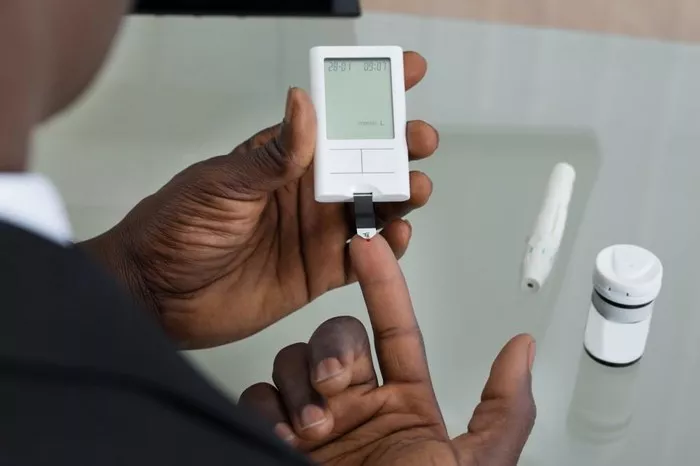A global consortium of medical experts is urging healthcare providers to adopt earlier screening protocols for gestational diabetes, challenging current practices that typically test women between 24 and 28 weeks into pregnancy. According to recent research highlighted in The Lancet by a team of 28 academics spanning 13 countries, testing and subsequent treatment should commence before the 14th week of pregnancy to mitigate potential complications for both mother and child.
Gestational diabetes, a condition triggered solely during pregnancy due to hormonal changes affecting insulin utilization, affects a significant number of women globally, with prevalence rates varying by region. It poses serious risks such as elevated blood pressure, heightened chances of cesarean deliveries, and potential long-term health impacts such as type 2 diabetes and cardiovascular disease for mothers.
The study’s lead author, Prof. David Simmons from Western Sydney University, stressed the urgency of this paradigm shift in prenatal care. Citing evidence from their comprehensive literature review, the researchers found that early detection and intervention significantly improved pregnancy outcomes compared to cases diagnosed later in gestation. This approach not only reduces immediate risks but also addresses long-term health implications for both mothers and their offspring.
Dr. Lucy Chambers, head of research communications at Diabetes UK, underscored the findings, emphasizing the need for updated antenatal care practices in the UK and elsewhere. She highlighted the potential of early intervention in the first trimester to mitigate health risks associated with gestational diabetes over the lifetimes of affected individuals.
Amina Hatia, midwifery manager at Tommy’s, a leading charity in pregnancy research and support, welcomed the proposed shift towards early testing. Hatia emphasized the importance of personalized care and enhanced support systems for managing gestational diabetes effectively throughout pregnancy.
In response to these findings, stakeholders across healthcare and advocacy sectors are advocating for broader adoption of early screening protocols, coupled with intensified research efforts to refine treatment strategies and support frameworks for women diagnosed with gestational diabetes.
This call for early testing represents a pivotal moment in prenatal healthcare, prompting a reassessment of current guidelines to ensure better health outcomes for mothers and their children worldwide.
Related topics:
Olympic Athletes Embrace Diabetes Technology to Enhance Performance
Breakthrough in Diabetes Treatment: Chinese Researchers Achieve First-Ever Cure for Type 2 Diabetes
Gastric Bypass Surgery Proves Effective in Long-Term Weight Loss and Diabetes Remission


























